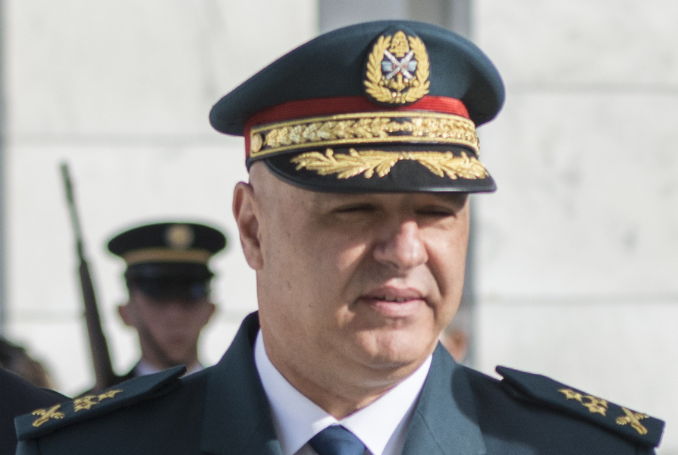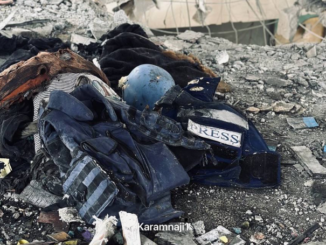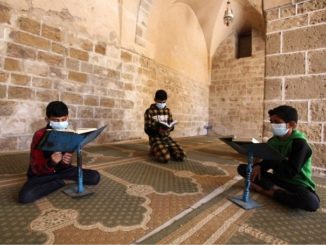
After more than two years of presidential deadlock, Joseph Aoun has been elected the 14th President of Lebanon.
After more than two years of presidential vacancy, Lebanon’s Parliament has elected Army Commander Joseph Aoun as the 14th President of the Lebanese Republic.
Aoun, who succeeds former President Michel Aoun, was officially sworn in after receiving 99 votes in the second round of voting, Lebanese media reported.
His election marks the conclusion of a prolonged political crisis and the beginning of a new phase for the country, which has been grappling with internal instability, economic challenges, and security threats.
The Resistance and the Lebanese State: Clarifying Misconceptions – Analysis
Joseph Aoun’s election followed a contentious and delayed process. The first round of voting earlier in the day saw Aoun garner 71 votes, still short of the two-thirds majority needed to secure the presidency. However, in the second round, he received the necessary backing, securing 99 votes, while several other ballots were left blank or were annulled.
The new president, who has served as Commander of the Lebanese Army since 2017, brings with him a military background.
According to the Lebanese news network Al Mayadeen, his leadership has been tested during critical moments, including the “Dawn of the Outskirts” battle at the Syrian border, along with Resistance forces. His tenure also reportedly witnessed the rise of large-scale protests in 2019 and the devastating Israeli war on Lebanon in 2024.
Following his election, Aoun delivered a speech in which he outlined his vision for the future of Lebanon, emphasizing the importance of national unity and sovereignty.
He pledged to strengthen Lebanon’s armed forces, reaffirm the state’s right to control weapons, and work toward securing the country’s borders. His remarks underscored his commitment to tackling issues of corruption, rebuilding Lebanon’s infrastructure, and restoring public trust in state institutions.
Why Israel Started the War with Lebanon, Not Hezbollah – ANALYSIS
“We must invest in our army, secure our borders, fight terrorism, and defend Lebanon’s sovereignty,” Aoun reportedly stated, pledging to confront Israeli aggression and implement international resolutions that ensure Lebanon’s security.
He also expressed his resolve to engage in dialogue with Syria on pressing issues, particularly the unresolved questions surrounding displaced persons and missing persons.
The newly-elected president reiterated that his administration would take a hard stance on corruption, assuring that there would be no immunity for criminals or perpetrators of wrongdoing.
According to the Lebanese newspaper Al-Akbar, Aoun also underscored Lebanon’s position on the Palestinian cause, emphasizing his rejection of any settlement of Palestinians in Lebanon, a sentiment that resonates deeply with the country’s political and social landscape.
Israel Faces Unprecedented Losses amid Ongoing War on Gaza, Lebanon – Report
Aoun’s election was met with cautious optimism, especially amid heightened security measures around the parliamentary session. The country has faced severe political deadlock, compounded by a deepening economic crisis and ongoing challenges related to displaced Syrians and Lebanon’s tense relationship with neighboring Israel.
In his final remarks, Aoun called for a unified Lebanon that could prioritize its own future and development rather than relying on external powers. “It is time to bet on Lebanon,” he said, “and work together for a stronger, more resilient nation.”
(PC, Al Mayadeen, Al-Akhbar)










Be the first to comment